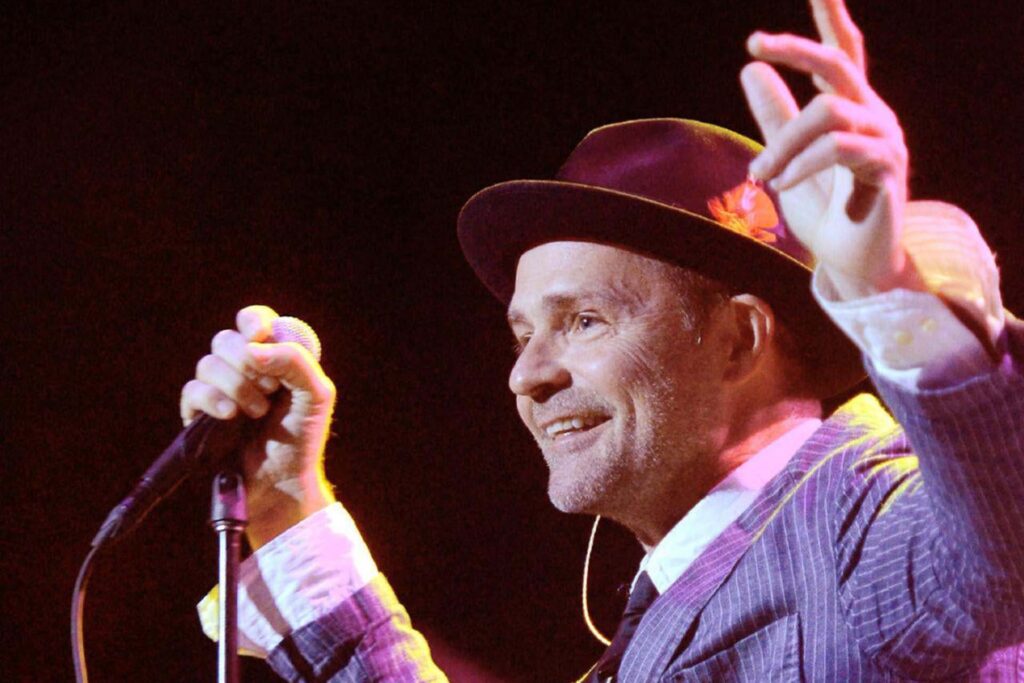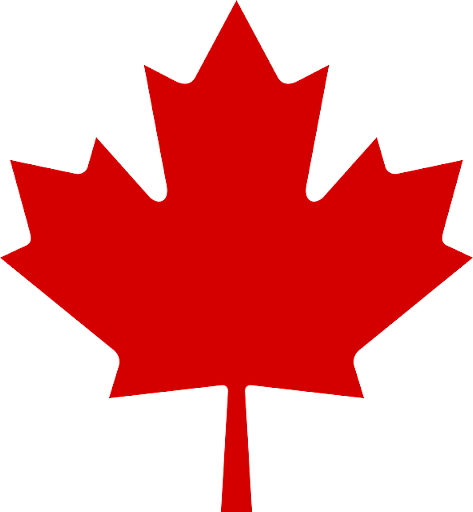Oprah Winfrey used to tell the story of how she reacted the first time she saw African American singers on mainstream American television. It was 1964, and as a young girl, she was watching the fabled Ed Sullivan Show when the very glamorous Supremes came out and performed “Baby Love” to an enchanted audience. She got on the phone and called all her friends to exclaim “Black folks on TV!!”, and she recalls feeling so ecstatic to finally see a reflection of her culture and race reflected back at her in mainstream culture. It was, in a word, empowering.
In a strange sort of way, Canadians had similar experiences when mainstream Canadian artists finally began not just sounding like wannabe Americans but actually began singing about life here in Canada on a world stage. It happened earliest in French Canada, which naturally had less trouble expressing the uniqueness of their life experience due to language, but as early as the 1960s English Canada actually began to take pride and comfort in hearing mainstream songs about life in Canada as opposed to the more generic North American experience that had largely been all that was offered up to that point in time. Slowly, with early pioneers like Ian and Sylvia, we hummed and sang along to works like “Four Strong Winds” with references to Alberta and Canadian winter, and then before we knew it-partly due to the famous “Cancom” experiment- we were immersed in Canadian themes being projected out onto the international stage by such international forces as Crosbie, Stills, Nash and Young, Anne Murray, Gordon Lightfoot, Alanis Morrisette, Bryan Adams, the Barenaked Ladies, and Drake. We still had Canadian stars that continued to sing about more universal themes, such as found in the work of Celine Dion and Shania Twain to name only two of our most significant artists of the past two decades (I have never met an American who actually knew that Shania Twain was Canadian), but increasingly Canadians were no longer scared to sing about experiences at home, about the endless rolling grasslands of the prairies or the rocky shores of Newfoundland and contrary to earlier times these themes did not make them unmarketable south of the border or anywhere else in the world for that matter.
As we roll into the summer months of 2016, the world is mourning the loss of a great number of music legends that have left us with nothing but our memories, whether we’re talking about David Bowie or Prince, and here in Canada, we have just learned that the Tragically Hip’s lead singer Gord Downie, has terminal cancer and will not be with us for much longer. As this group begins their final tour to sold-out audiences across the country, the Prime Minister reminded us in the past days that Downie and his magnificent group have been for many Canadians the soundtrack of our nation and by extension the soundtrack of our lives as inhabitants of this unique part of the planet that we often affectionately refer to as simply “the North”.
Canadian music has been mentioned numerous times from the podium of the Empire Club over the decades, and at times has even been the topic of entire speeches. In March of 2001, the Club welcomed the President and CEO of the Canadian Association of Broadcasters, Mr. Michael McCabe, to its podium to tackle the topic of “Canadian Music at the Crossroad: 10 Reasons why Canada’s music industry needs a new Policy Framework”. As a primarily business-focused organization, the Club welcomed this discussion on how to make this industry more vibrant, more global, and more profitable. Here is a short excerpt from that speech delivered 15 years ago:
“(…) all of us who are stakeholders in the music industry must embrace change. We must be willing to consider new partnerships, new practices and new policies.
In doing so, we can re-energize our music sector. We can unlock the potential of these and other gifted artists, give them the opportunity to sing out with pride and passion in a myriad of languages and styles, so that Canada’s voice is heard in every corner of the world.
It’s all about the music. At the end of the day, that’s all there is.”
Since that time, Canadians have exploded onto the world stage and are punching far above their weight in almost every category. Is this because our music got better and more interesting to the world? Or could it be instead that we finally began to understand the power of partnerships and policies to distribute our artists at an international level so that everyone could have access to them? It could be a little bit of both, mixed with extensive global communications networks which make it far easier to get talent projected beyond one’s own borders to consumers around the world. Whatever the reasons, Canada now has a music industry that is respected and carefully followed in numerous countries, ensuring that the future Drakes and The Weekends of Canada will not be bound by our relatively small population, but can sing-often about life here in Canada- and be listened to and loved around the entire world.


